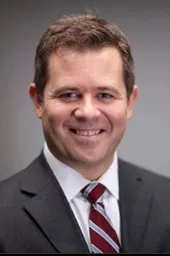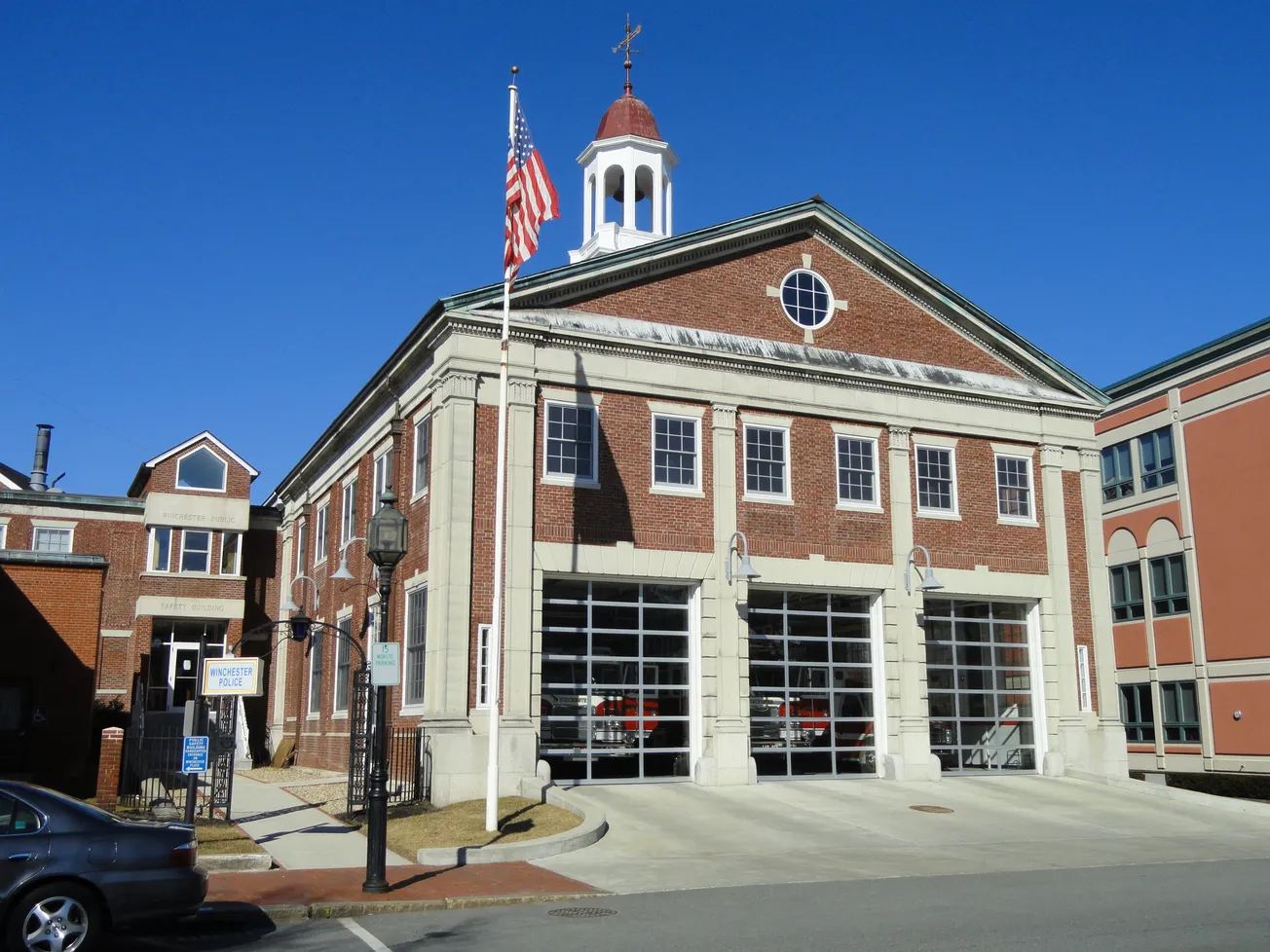Table of Contents
Winchester parents have questions about literacy in the schools. Lots of questions.
In fact, many frustrated parents have attended recent School Committee meetings to express concerns about improving the literacy curriculum. At a recent public hearing on the education budget, several parents questioned where there might be money for literacy programs and more support for teachers, and implied that the budget does not reflect the district’s commitment to literacy.
Superintendent of Schools Dr. Frank Hackett disagreed.
“This budget does reflect our commitment to literacy through small class sizes at the elementary level, through 21 positions at the elementary level that have to do strictly with literacy,” he said, during the meeting. “The commitment we make to keeping class sizes smaller has a cost; the commitment we make to a 4% contract increase and making sure we don’t lose high quality people has a cost. [In this budget] we have funding for supplies, for materials and resources [that are not listed as a specific line item] because we understand that we need to be flexible and changes can happen, and we try to stay as nimble as we can.”
Parent Christine Cronin wanted to know where the district was going.
“What are our district goals and priorities?” she asked. “I’m concerned that we just listened to a budget presentation that didn’t have any goals and priorities.”
Hackett responded that “our priority, and our investment, [is] in making sure our teachers, over the last three-year contract that we negotiated, which ends with a 4% increase next year, ... are provided the level of salary and compensation that they deserve and that is a reflection of the work they do and also keeps our staff here.”
He said the main priority is that the town “maintain the high-quality staff that we have, and that we support them.” Beyond that, he said he would present to the next School Committee meeting additional priorities he would recommend if there were more funding in the budget.
Cronin replied, “as an educator, I have to respectfully say to have a budget for a school system that doesn’t have instructional priorities is deeply concerning,” to which Hackett responded, “I reject the notion that this budget doesn’t have instructional priorities, but that’s OK, I don’t want to go back and forth with you on this. You’ve made your point.”
As the back and forth on Jan. 23 between parents and Hackett became contentious, School Committee Chair Tom Hopcroft implored speakers to give the superintendent a chance to answer the questions as “the temperature in the room [was] going up. I know it’s a passionate issue; many of us up here and down there all care about this issue [and] the quality of our students but we can’t work the problem if we’re getting into an adversarial back-and-forth.”
Both Hopcroft and Hackett let parents know a meeting has been planned for Feb. 13 for a more in-depth discussion on the literacy curriculum.
“We really do hear you and we read everything that you send in, and we appreciate it,” Hopcroft told parents. “We hear you and we can feel the frustration.”
On Jan. 26, Hackett released a statement addressing the literacy issue within the community. In the letter, Hackett said “classroom literacy instruction includes the essential components of reading” as well as the writing process. Teachers dedicate time to the entire classroom as well as small group instruction based on student needs.
Additionally, the district employs more than 15 specialists across the five elementary schools who “support classroom teachers and provide interventions for students who need more support.”
The letter goes on to address a plan for a communitywide discussion and timeline for collecting data from anyone and everyone invested in making changes in the curriculum.
Hackett said based on the feedback he’s received from educators and parents and other stakeholders, he’s been giving this topic a lot of thought.
“It’s always been part of the plan that we have a plan,” he said. “On the 23rd, we talked about how we would work on bringing people together.”
But what would that look like? Hackett said he’s been working through the process in order to bring people together.
“I felt it was important to get that message out at the end of last week,” he said, of the letter. “This is the first step. This, in part, is based on the feedback I’ve gotten from parents and staff.”
He added he’s spoken to people who are uncomfortable speaking about the literacy issue in public. He said some residents are looking for a “safe space” that’s not at a public meeting.
“This is the first step,” Hackett said. “No one has a predetermined outcome other than to get the conversation going.”
Literacy on the state level
While Winchester officials hope to bring all the stakeholders together to work through concerns, state officials are also addressing the issue.
Sen. Jason Lewis, who chairs the Senate education committee, is well aware of the literacy issues in Winchester, as well as across the state, and was not surprised by a recent Boston Globe article.
“I’m very familiar with the issue,” he said. “It’s a major national issue in education policy.”
He said he’s met with a number of Winchester parents, who have raised the curriculum issue and stated it is not working for the district’s students.
“It’s why we’re looking at it at the state level,” he said.
Lewis said the way literacy works in Massachusetts is that the state has a curriculum frameworks for all subjects at grade level. The frameworks are then updated every 10 years and establish what students should know at a given grade level via the MCAS.
Third grade is the first year where students are tested in MCAS.
But when it comes to how literacy is actually taught, Lewis said it’s been left up to the individual districts and sometimes, even up to the individual teacher.
“It’s a challenge when it comes to literacy,” he said.
But more and more educators and parents are looking to the state to take action in finding the best evidence-based approach to literacy. Lewis said there’s a bill currently pending in the Joint Committee on Education that would create a top down mandate for early literacy.
The bill, he added, also creates other provisions, such as having districts create a literacy plan, provide three screenings for students each year and teacher training.
“It’s not just a matter of having everyone agree,” he said of the push. “It’s very expensive.”
Providing training and materials and making such a large statewide change is going to need funding. Lewis said Gov. Maura Healey has announced she will propose a major funding proposal to help school districts afford a new curriculum.
On Jan. 17, Healey gave her State of the State address, addressing what she called “Literacy Launch.”
“Over the next five years, backed by budget investments, we will make the best reading materials available to more districts,” she said. “Schools using the right materials are seeing major gains. We can bring that impact to every classroom. We will also mandate that educator training programs teach evidence-based instruction. And we’ll support our teachers in adopting best practices every step of the way.
“Massachusetts is home to the first public school, first college, and first library,” she continued. “We are going to be first in literacy, too. Every child in this state needs to be able to read and read well – and we’re going to give them the tools to do just that.”
Winchester News is supported by our community. Please donate to support our work.








